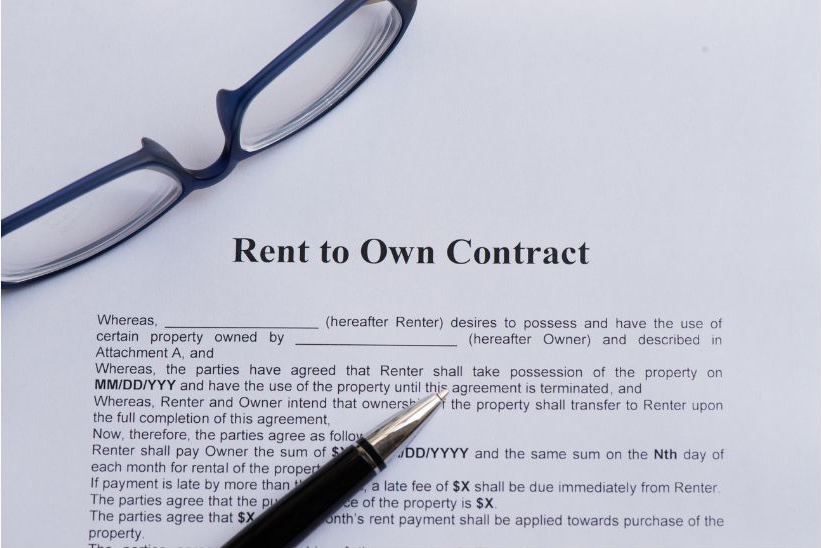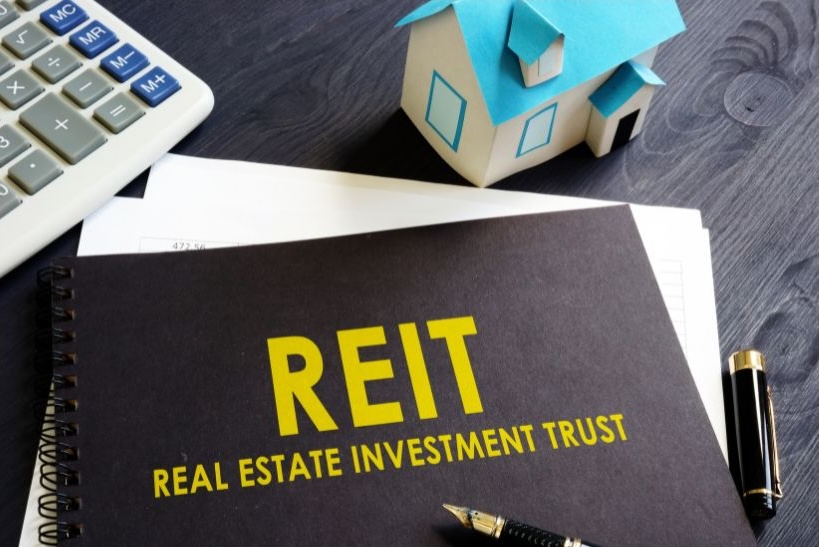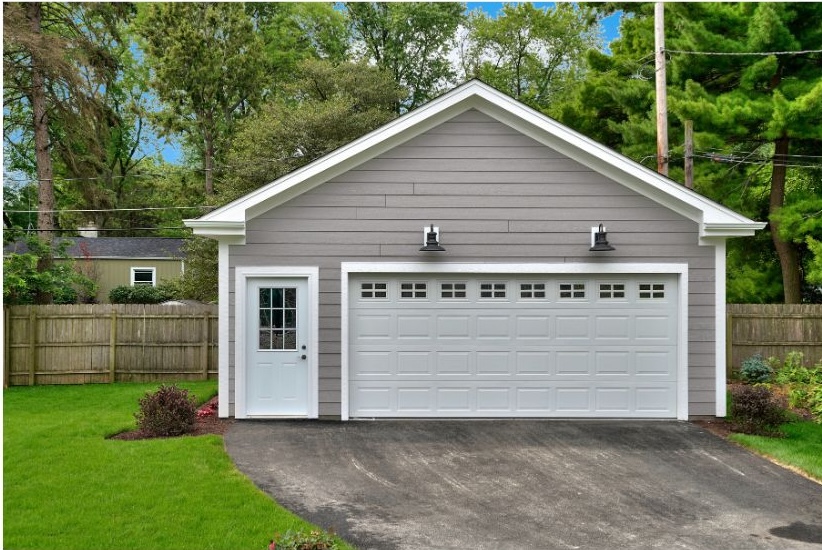Investing in real estate is often seen as a lucrative way to build wealth, but the idea of needing substantial capital upfront can be intimidating. However, contrary to popular belief, you don’t need a large sum of money to get started in real estate investing. With the right strategies, knowledge, and creativity, it’s possible to begin your journey into real estate with little to no money. In this article, we’ll explore various ways to invest in real estate with limited resources.
1. House Hacking
House hacking is one of the most popular strategies for people looking to get into real estate without much capital. The concept involves purchasing a multi-unit property, living in one unit, and renting out the others to cover the mortgage and other expenses. Even if you buy a single-family home, you can rent out spare bedrooms or even areas like basements.
House hacking allows you to live for little to no cost while also building equity in the property. In many cases, you can use low down payment options like FHA loans (requiring as little as 3.5% down) to purchase your first property.
2. Seller Financing
Seller financing, also known as owner financing, is a creative strategy where the seller of the property acts as the lender. Instead of applying for a traditional mortgage, you make payments directly to the seller. This can be beneficial if you don’t have the credit or down payment required by banks.
In a seller financing deal, the seller and buyer agree on the terms, including the interest rate, payment schedule, and length of the loan. Seller financing can be a win-win situation: sellers can move their property quickly, and buyers can avoid traditional financing hurdles.

3. Real Estate Wholesaling
Wholesaling is a way to invest in real estate without actually buying properties. In this strategy, you find deeply discounted properties, put them under contract, and then sell the contract to another buyer (usually an investor) for a fee. Your profit comes from the difference between the price you negotiate with the seller and the price the end buyer is willing to pay.
Wholesaling requires excellent networking and negotiation skills, but it’s a great way to get started with little to no money. You can typically get started by just paying for marketing and spending time finding motivated sellers.

4. Lease Options (Rent-to-Own)
A lease option is another creative way to invest in real estate with little capital. In a lease option agreement, you rent a property with the option to purchase it in the future. Typically, you pay an option fee upfront, which gives you the right to buy the property at a predetermined price within a specific timeframe.
During the lease period, you can rent out the property or improve it to increase its value. When you’re ready to exercise your option to buy, you can secure financing, often with the equity you’ve built as leverage.

5. Partnering with Investors
If you have knowledge or skills but lack money, partnering with someone who has capital can be an effective way to get started. In a joint venture, you bring something valuable to the table, whether it’s property management skills, knowledge of the market, or access to deals, and your partner provides the funding.
Partnerships can take many forms, from profit-sharing agreements to equity splits. The key is to find a partner whose goals align with yours and to clearly define roles, responsibilities, and profit distributions from the beginning.

6. Real Estate Investment Trusts (REITs)
REITs are companies that own, operate, or finance income-producing real estate. By investing in a REIT, you can gain exposure to real estate assets without directly owning property. REITs are publicly traded like stocks, making them accessible to investors with small amounts of capital.
While REITs don’t offer the same hands-on control as owning physical property, they provide a way to earn passive income from real estate with minimal upfront investment. You can start investing in REITs with as little as $100, depending on the platform you use.

7. Private Money Lenders
Private money lending involves borrowing funds from individuals rather than banks or financial institutions. Private lenders are often more flexible than traditional lenders, and they may be willing to fund deals that banks would reject. In return, they receive interest on the loan.
If you don’t have access to private money directly, you can build relationships with potential lenders by networking at real estate events, joining investment groups, or even leveraging social media. While this strategy still involves borrowing, it allows you to finance deals without needing your own money.

8. Hard Money Loans
Hard money loans are short-term loans offered by private lenders or investors, typically used for real estate investment projects. These loans are asset-based, meaning they are secured by the property itself. While hard money loans come with higher interest rates and shorter terms than traditional mortgages, they can be a viable option for investors with limited cash.
Hard money lenders usually care more about the property’s value than the borrower’s creditworthiness, making this an option even for those with low credit scores or minimal down payment.

9. Live-In, Then Rent
This strategy involves buying a property, living in it for a few years, and then turning it into a rental. Often referred to as a “live-in flip,” you can use this method to build equity while also preparing the property for future tenants. After a few years, you can either refinance to pull out equity or rent out the property to generate cash flow.
You can repeat this process over time to gradually build a portfolio of rental properties, all while taking advantage of owner-occupied financing options that typically require lower down payments.

10. Crowdfunding Platforms
Real estate crowdfunding platforms allow you to invest in real estate projects with as little as a few hundred dollars. These platforms pool funds from multiple investors to finance various real estate deals, from residential properties to commercial developments.
Crowdfunding platforms are accessible and allow for passive investing in real estate. While they don’t offer direct control over the property, they provide a diversified way to invest with limited capital.

11. BRRRR Strategy
The BRRRR strategy stands for Buy, Rehab, Rent, Refinance, Repeat. It involves purchasing distressed properties, fixing them up, renting them out, and then refinancing to pull out the equity you’ve built. The goal is to use the cash from refinancing to fund the next property, allowing you to repeat the process.
This strategy requires some upfront capital, but if done correctly, you can recover most or all of your initial investment after refinancing. BRRRR is a powerful method for scaling a real estate portfolio quickly.

12. Real Estate Syndication
Real estate syndication involves pooling funds from multiple investors to purchase larger properties or developments. As an investor, you can participate in syndications with relatively small amounts of money, and in return, you receive a share of the income generated from the property.
In a syndication, there are typically two roles: the syndicator (or sponsor) and the investors. The syndicator manages the property and oversees operations, while the investors contribute capital. Syndications can be a passive way to invest in real estate without the need for significant upfront funds.

Conclusion
Investing in real estate with little to no money is not only possible but achievable with the right strategies and mindset. Whether it’s house hacking, wholesaling, using creative financing methods, or leveraging partnerships, there are multiple paths to building wealth through real estate even if you’re starting with limited resources. The key is to educate yourself, network, and be resourceful. By starting small, staying persistent, and thinking creatively, you can gradually build a real estate portfolio that generates income and builds long-term wealth.
If you are looking to buy your dream home or sell your existing house in Sacramento feel free to get in touch with us today!





